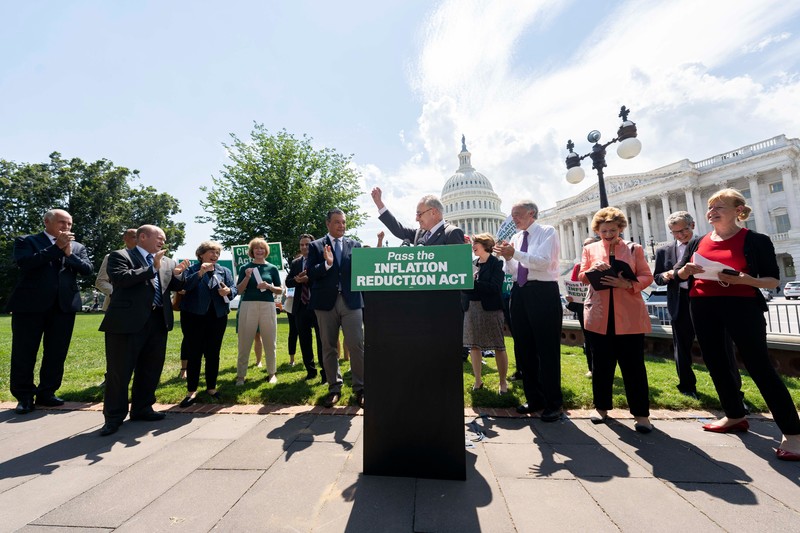Sure, it may be very expensive to buy a home in Canada, but don’t forget it’s also very expensive to rent one—and getting pricier every month, as average rents across the country have returned to their pre-pandemic high of nearly $2,000, according to new data from Rentals.ca.
Why it’s happening: The reversal of two pandemic-era trends—the flight from cities and rock-bottom interest rates—is driving the rent surge.
.gif)





.gif)
.gif)





.jpg)
